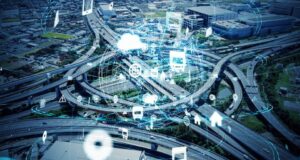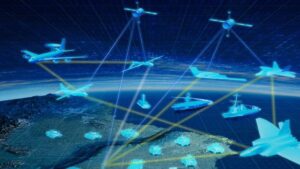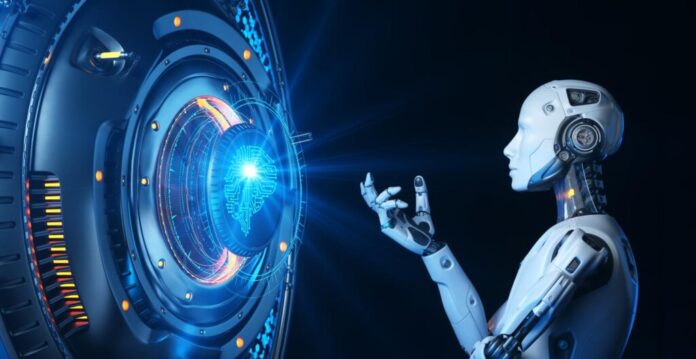Artificial Intelligence (AI) is a rapidly growing field that has the potential to transform the way we live, work, and interact with the world around us. From self-driving cars to intelligent personal assistants, AI is already providing new opportunities for people and businesses in a variety of sectors. However, this is just the beginning, and the potential for AI to shape the future is vast and exciting.
One of the biggest opportunities for AI is in the field of healthcare. AI algorithms can analyze vast amounts of medical data and help doctors make more informed diagnoses, leading to better patient outcomes. AI-powered medical devices can also monitor patients remotely, providing real-time health data and helping healthcare providers intervene before a condition becomes serious. Additionally, AI can help researchers develop new treatments and cures for diseases, by analyzing large amounts of data to identify new targets for drugs.
Another area where AI has the potential to make a significant impact is in the field of education. AI can personalize learning experiences, providing students with tailored lesson plans and feedback based on their individual needs and progress. This could lead to a more engaging and effective learning experience, and could help close the achievement gap between students.

AI is also transforming the way we work, with new technologies like machine learning and robotics making it possible to automate many manual and repetitive tasks. This is already leading to more efficient and cost-effective operations in a variety of industries, including manufacturing, logistics, and customer service. At the same time, AI is also creating new jobs, such as data scientists and machine learning engineers, who are needed to develop and implement these technologies.
Another exciting opportunity for AI is in the field of transportation. Self-driving cars, powered by AI, have the potential to make our roads safer, reduce traffic congestion, and improve the efficiency of our transportation systems. In addition, AI-powered drones and robots can revolutionize the delivery of goods, making it possible to get products to customers faster and more efficiently.

AI also has the potential to address some of the world’s biggest challenges, such as climate change, poverty, and inequality. For example, AI can help reduce greenhouse gas emissions by improving energy efficiency and reducing waste. It can also help improve access to education and healthcare in developing countries, and help reduce poverty by creating new jobs and improving access to financial services.
However, AI also has the opportunity to massively transform the military. In fact, militaries around the world are already adopting technologies. One example is how NATO and the US military are adopting JADC2 (Joint All-Domain Command and Control).

In conclusion, AI is providing a wide range of new opportunities for the future, and its potential is vast and exciting. From healthcare and education to transportation and environmental sustainability, AI has the power to make a positive impact on our world. As we continue to develop these technologies, it’s important to ensure that their benefits are shared equitably, and that they are used in responsible and ethical ways.






